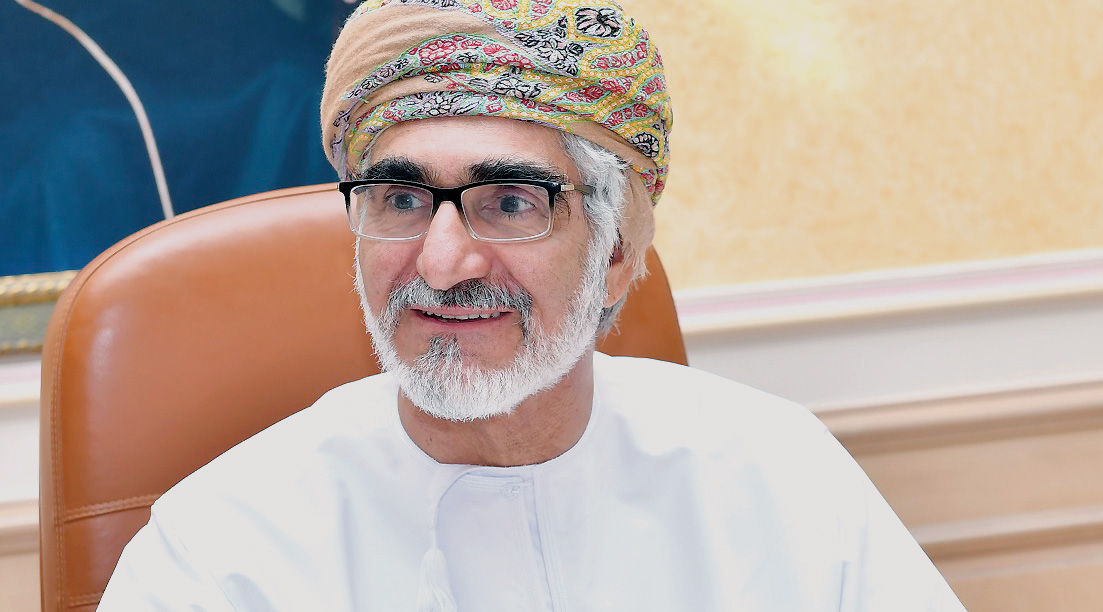

A national plan for prevention and control of non-communicable diseases (NCDs) — which account for 72.9 per cent of deaths in the Sultanate — will be launched on Sunday. The plan was announced by Dr Ali bin Talib al Hinai, Under-Secretary for Planning Affairs, Ministry of Health (MoH), at a press conference on Tuesday. It will be launched under the auspices of His Highness Sayyid Shihab bin Tareq al Said. The plan, a part of the ministry’s efforts to promote public health, aims to bring down premature deaths resulting from NCDs by 25 per cent by 2025. It comprises eight chapters that address various aspects of prevention and control of diseases in the Sultanate.
It focuses on combating four main diseases: cardiovascular diseases, cancer, respiratory diseases and diabetes. The plan also addresses the main risk factors, including lack of physical activity, unhealthy diet and smoking, besides focusing on awareness and media aspects. In the Sultanate, 72.9 per cent of deaths have been attributed to NCDs, of which 24.3 per cent are due to cardiovascular diseases and hypertension, 7 per cent due to cancer and 2.2 per cent due to diabetes, according to the 2016 statistics. Globally, these diseases kill 38 million people annually, half of them under the age of 70.

Cardiovascular diseases cause 17.5 million deaths every year, followed by cancer (8.2 million), respiratory diseases (4 million) and diabetes (1.5 million), according to the World Health Organization (WHO). Dr Al Hinai (pictured) said the Sultanate ranks among the top 10 in primary healthcare. The High-Level General Assembly Meeting on Prevention and Control of NCDs was issued in September 2011. The declaration had called for strengthening and facilitating multi-sectoral actions for prevention/control of NCDs through effective partnership between the country’s institutions, private sector and civil community organisations.
Dr Al Hinai said the ministry focuses on prevention before treatment through three levels of care: primary, secondary and tertiary. Fully aware that physical inactivity, unhealthy diet, tobacco and alcohol increase the risk of deaths resulting from NCDs, Dr Al Hinai said the plan addresses those factors by coordinating with the sectors concerned. “We have been working with the Ministry of Commerce and Industry to impose restrictions on some products considered responsible for NCDs. Tax will be imposed on tobacco products, and soft and energy drinks, besides reducing and controlling the salt content in the fast-food restaurants,” he said.
“Continuous awareness campaigns will be carried out for all community members and they will be urged to follow a healthy lifestyle,” said Dr Al Hinai, adding 1,200 new cancer cases are detected every year in Oman.
Dr Said al Lamki, Director-General of Primary Health Care, said the MoH has been promoting efforts to combat these diseases for a long time. “It has established clinics for diabetes, hypertension and asthma in the primary healthcare institutions as well as provided all the necessary medication and laboratory tests.”

The ministry, he said, launched the early screening national programme for NCDs for those over 40 years old in all primary health care centres in order to facilitate early diagnosis and provide optimal treatment to prevent and reduce complications.
Fully equipped asthma clinics have been set up in the health centres to reduce acute asthma attacks and facilitate patient access to the same.
Dr Al Lamki said the National Cancer Registry has been promoted by introducing an advanced electronic monitoring system to follow up on the cases. He said more than 85 per cent of polyclinics’ visitors come for primary care. However, many people are unaware of their illnesses because they don’t have regular checkups.
Dr Ahmed al Qasmi, DG of Planning and Studies, pointed out that good health is related to good economy. “The problem of NCDs has been there forever. Yet, this plan is comprehensive because we are looking at the issue from an international perspective, which goes in line with the Sultanate’s perspective,” he added.
Zainab al Nassri
Oman Observer is now on the WhatsApp channel. Click here



